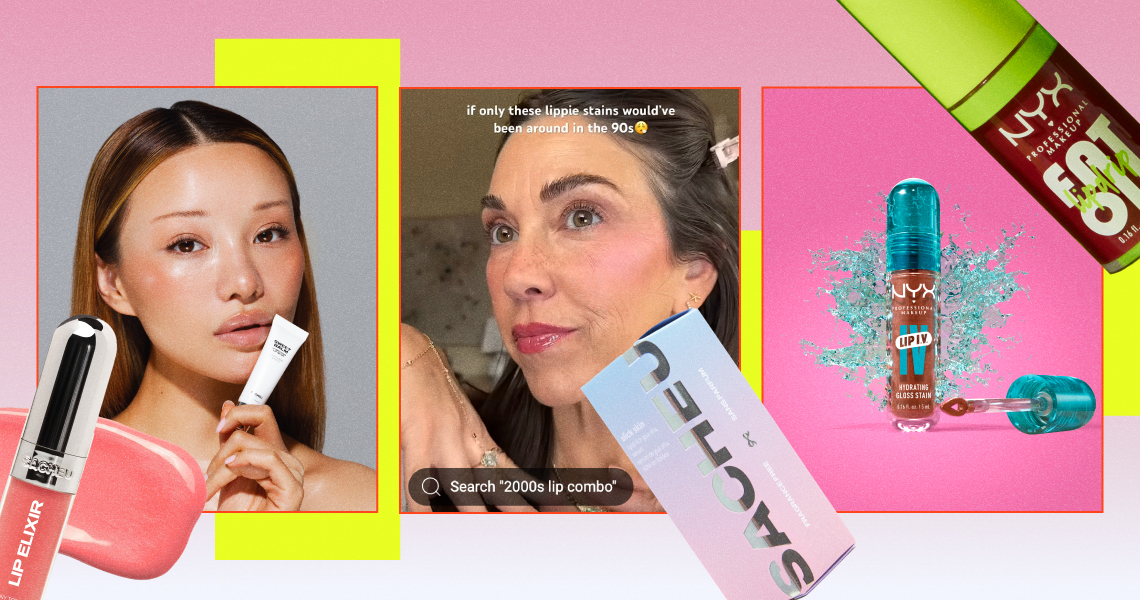Luxury brands thrive on their exclusive products. The most prestigious of brands, like Hermès and Rolex, are infamous for their long wait times to buy new products, either because the stock is sold out or because the sales teams are picky about who they sell to. Instead, interested buyers are often advised to build relationships with these brands’ sales associates for a better chance of being moved up the waiting list.
This business model has long gone unexamined, from a legal perspective, but a new class action lawsuit filed this week by two California law firms, Haffner Law PC and Satareh Law Group, seeks to change that. The suit, filed in California against Hermès, alleges that the brand’s sales practices unfairly require customers to make multiple ancillary purchases to get to the product they actually want: a Birkin bag. In doing so, the plaintiffs allege that Hermès has violated the Sherman Act, an antitrust law that forbids “unilateral conduct that monopolizes or attempts to monopolize the relevant market.”
In the court filing, attorneys Joshua Haffner, Alfredo Torrijos, Vahan Mikayelyan, Shaun Setareh and Thomas Segal argue that Hermès has “illegally tied” the purchase of a Birkin bag to a customer’s prior purchase history with the brand. It’s also “willfully and intentionally engaged in predatory, exclusionary and anticompetitive conduct” to “[maintain] its market and/or monopoly power,” according to the filing.
Continue reading this article on glossy.co. Sign up for Glossy newsletters to get the latest on the business of beauty, fashion and pop culture.












 English (US) ·
English (US) ·